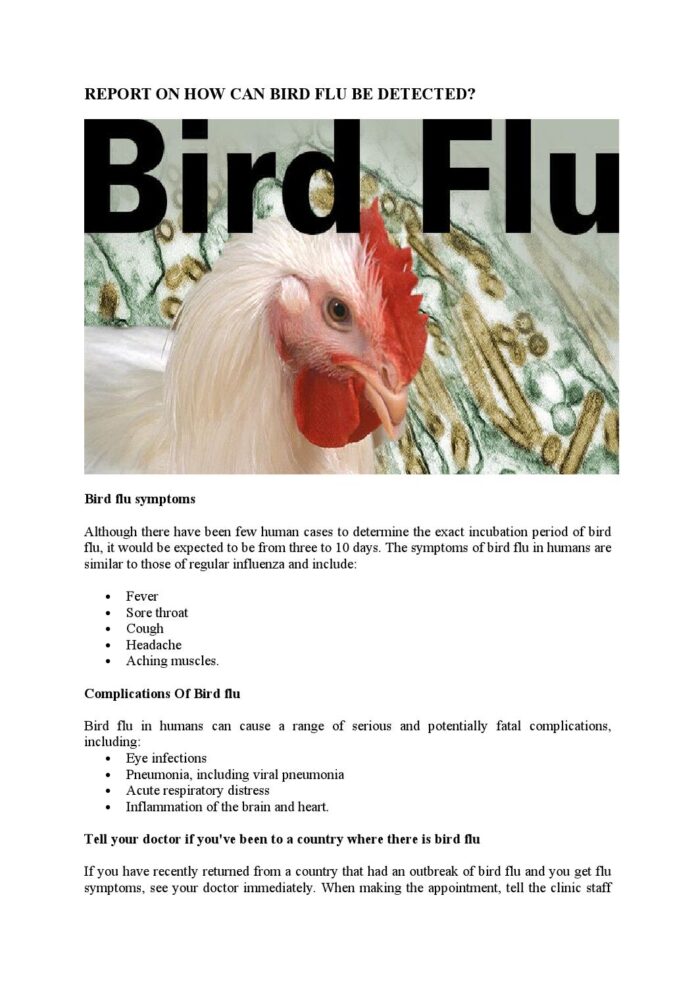Updated:
A person in the South West of England has been confirmed as having contracted bird flu, the UK Health Security Agency (UKHSA) has said.
In a statement, the agency said it is “extremely rare” for strains of avian influenza to pass from birds to humans.
It added: “The person acquired the infection from very close, regular contact with a large number of infected birds, which they kept in and around their home over a prolonged period of time.
“All contacts of the individual, including those who visited the premises, have been traced and there is no evidence of onward spread of the infection to anyone else. The individual is currently well and self-isolating.”
The case was detected by officials swabbing people who had close contact with infected flocks, and they discovered “low levels of flu” in the patient.
Laboratory analysis revealed the virus was the ‘H5’ type found in birds, but it has not yet been possible to confirm it is a H5N1 infection – the strain currently circulating in birds in the UK.
The World Health Organisation has been notified.
Professor Isabel Oliver, chief scientific officer at the UKHSA, said: “While the risk of avian flu to the general public is very low, we know that some strains do have the potential to spread to humans and that’s why we have robust systems in place to detect these early and take action.
“Currently there is no evidence that this strain detected in the UK can spread from person to person, but we know that viruses evolve all the time and we continue to monitor the situation closely.
“We have followed up all of this individual’s contacts and have not identified any onward spread.
“It remains critical that people do not touch sick or dead birds, and that they follow the DEFRA advice about reporting.”
Prof Paul Wigley, professor of avian infection and immunity at the University of Liverpool, said: “Whilst avian influenza has the potential to be transmitted from poultry to humans it is very rare and, as in this case, usually due to close and long-term contact with infected birds.
“Avian influenza such as the H5 serotype is largely adapted to infect birds and so is very unlikely to be transmitted from person-to-person.
“The advice given by APHA and UKHSA over contact with infected birds is sensible and should be followed. The risk of wider infection in the general public remains low.”
In December, poultry keepers were urged to help stop the spread of avian flu after several small outbreaks over recent months.
The UK’s “largest ever” outbreak was reported in Northern Ireland last month after two further suspected cases were identified, one in a commercial poultry flock of 14,000 birds near Markethill in County Armagh and a commercial duck flock of 22,000 in Coagh, County Tyrone.
Thousands of birds have been culled in an attempt to prevent the spread of avian flu.







